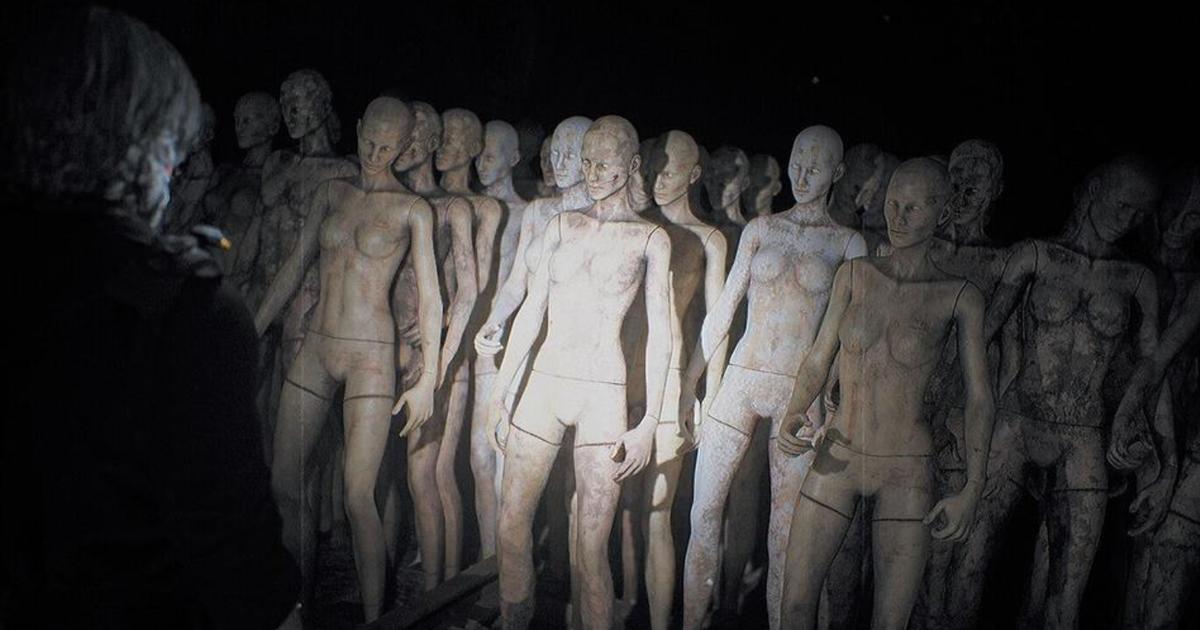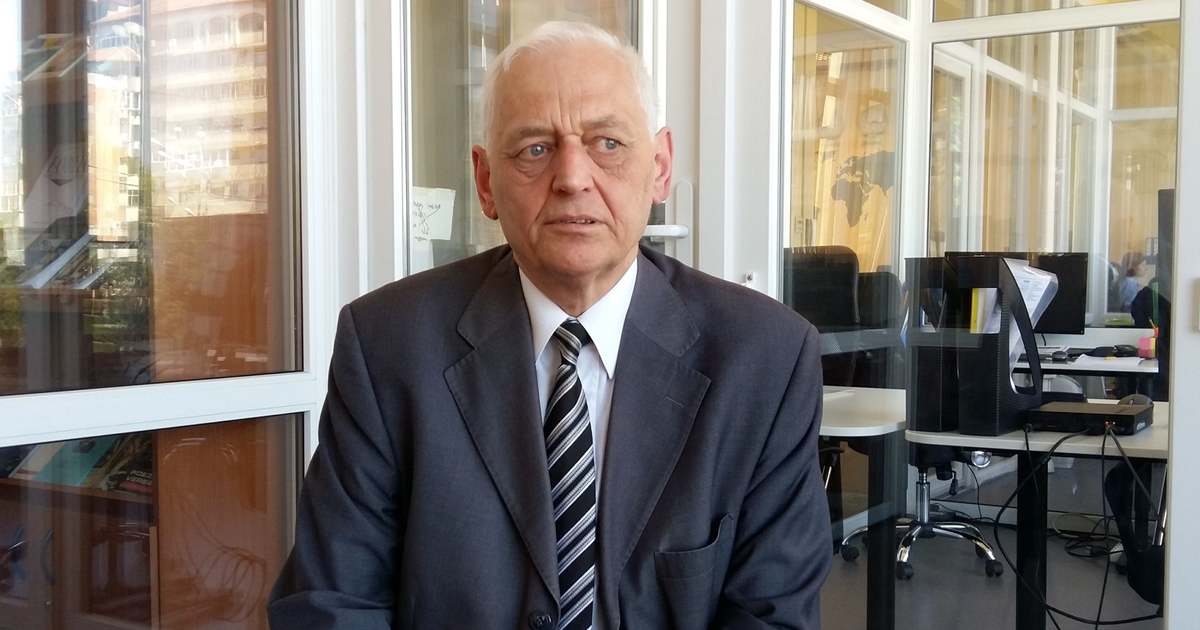Dr.. Rope. Fleisz János ny. University professor, historian, chess judge, prominent figure in civic and public life in Oradea and Bihor Province, will turn 70 on June 3. On this occasion, we are reviewing with the celebrant himself the very rich way of life.
Stephen Babb
When, why did you turn your interest in history?
“My interest in history as a science developed relatively late, but I was always interested in the past. I was born in Oradea, grew up near Kouros beach, and the old money I found there excited my imagination a little. But there was also an interest in history in my environment, in my family, not On a scientific level of course.I graduated from Premontrei High School then, then named Secondary School No. 4, then from the Teacher Training College of Oradea, majoring in History and Geography, then in Cluj-Napoca, majoring in History and Philosophy My teaching career spans more than forty years For the longest period, twenty-eight years, I taught in my previous school, the secondary school now named after Mihai Emenescu. After 1990, more was possible. In 1995, I received my Ph.D. from the Hungarian Academy of Sciences in Budapest, after which I was able to Teaching in universities, so as a guest teacher in Budapest, Pécs, and later at Partium Christian University as associate professor. I was qualified in 2001 and is the basis for the title of university professor. In 2008, I was awarded the title of university professor relatively late. My last job at University of Oradea in 2017.
As a teacher, what do you consider your greatest achievement?
– It is very difficult for me to answer this question, because my career has developed so that I have worked in all lines from elementary school to doctoral training for longer or shorter periods. My career was very dynamic because it was true for a short time, but I taught at the same time in high school and also in two universities at the same time, in Budapest and Oradea. It has always been my opinion that a teacher should focus not only on imparting knowledge but also on forming thinking, and this was generally preferred by students as well.
How did your research career begin?
– It was not possible to do proper research until 1990, but after the regime change I was finally able to do more serious research. In 1996, my first book was published, Another City I Can’t See, which was a novel at the time, because I had worked on the age of dualism in it and no serious scientific-historical work on Oradea had appeared for more than half a century. To this day, I am proud to have published three thousand copies, a large number at the time. The main line of my scientific research was the history of Oradea, but I also researched the history of other cities, but also dealt with the social history, the history of the press, the history of events and people in 1848-1849. To date, I have published twenty independent volumes, as well as a number of edited volumes and hundreds of articles and monographs.
What books would you like to highlight from your work?
I wrote the story of Oradea between the two world wars titled “The Transformation of a City” and then followed the period between 1940 and 1944. So far, I have only treated the cultural history of the city, but also the economic and social history. My volumes on the figures of 1848-1849, Imre Zakvai or Joseph Nagesandur were also important. I have researched the history of the press a little more broadly, and written two volumes on the whole press in Transylvania, Partium and Bansage, one on the period 1890-1940 and the other on the period 1940-1944. I have always tried to research at the most serious scientific level, but I felt that as a Hungarian minority historian I also had the task of spreading knowledge. In my studies and articles I have tried to speak specifically to those who love history, but are not scholars.
The full interview can be found in the June 3 issue of Bihari Diaries.












































